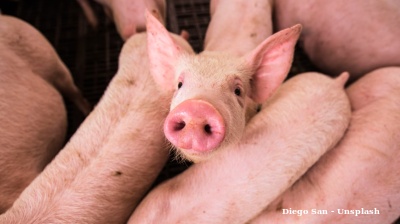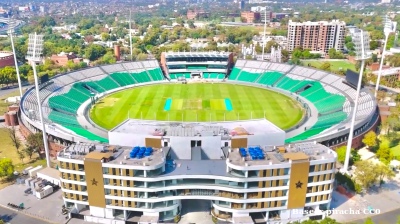Russia is lagging far behind both the United States and China in the production of satellites, Roscosmos head Yuri Borisov told the country’s parliamentarians on July 3.
Addressing the State Duma, Borisov emphasised the urgent need for Russia to bridge this gap, highlighting the creation of multi-satellite constellations as a top priority for the nation's space industry.
“Just so you understand, the US has the capacity to produce around 3,000 satellites each year. In China, there are seven factories with a production capacity approaching 2,000 satellites. Europe is not asleep either. Our capacity is just 40 satellites per year,” Borisov told MPs.
As things stand, Russia commands only a 2.4% share of the global satellite market, contrasted with the United States, which produces around 70%. If Russia does not adopt a continuous, conveyor-like production model for satellites, it risks losing its market share entirely, Borisov explained.
"This means we need to radically restructure the entire industry sector to focus on conveyor mass production. Believe me, this is not an easy task. It involves standardisation, unification, and completely different relationships with suppliers in terms of cooperation. However, we must do this, and we will definitely do this because Russia simply has no other choice," Borisov explained. “If we accomplish this, and we must accomplish this, then we will stay within the global trend and ensure defence, security and the development of various sectors of the economy with the required amount of space services."
According to the Roscosmos head, there is currently an enormous demand for satellites, which are now being provided through the creation of multi-satellite constellations. These purposes for these constellations include telecommunications, Earth remote sensing and navigation. If the current plans of the global space industry are realised, the number of satellites in constellations by 2030 will likely range from 60,000 to 100,000.
“This is a huge number of devices that need to be designed, manufactured, and created. Russian capabilities in this regard are currently quite modest,” he said, noting that Russia’s satellite constellation fulfils only about 30% of the country's domestic customer needs.
However, looking forward, Borisov sees a significantly more ambitious future for Russia's space capabilities.
“If we implement all the planned programme activities, then by 2036, the Russian multi-satellite orbital constellation for communication and Earth remote sensing will increase to 2,600 spacecraft, 35% of which will be commercial satellites,” he said.
In February, Borisov announced to the Pro Kosmos news portal that Roscosmos plans to allocate approximately RUB50bn ($565mn) to establish a satellite production facility. This facility will be capable of manufacturing satellites weighing up to 500kg.
News

Taiwan confirms first African swine fever outbreak
Authorities detected the virus on a pig farm in Wuqi District, Taichung, after 117 pigs died between October 10 and 20.

Afghanistan withdraws from Pakistan tri-nation T20 to protest murder of three local cricketers
The Afghanistan Cricket Board says it has secured clear video footage implicating the Pakistan state in an attack that killed three local cricketers.

Sanae Takaichi makes history as Japan’s first female prime minister
In her first press briefing as leader, the 64-year-old pledged to drive reform with confidence and determination, describing her administration as one “ready to decide and move forward.”

White House halts plans for Trump-Putin summit in Budapest
Anonymous White House official tells AFP there are “no plans” for Trump to meet Putin “in the immediate future”, effectively shelving a Budapest gathering that Trump had described as imminent only days earlier.

.jpg)

